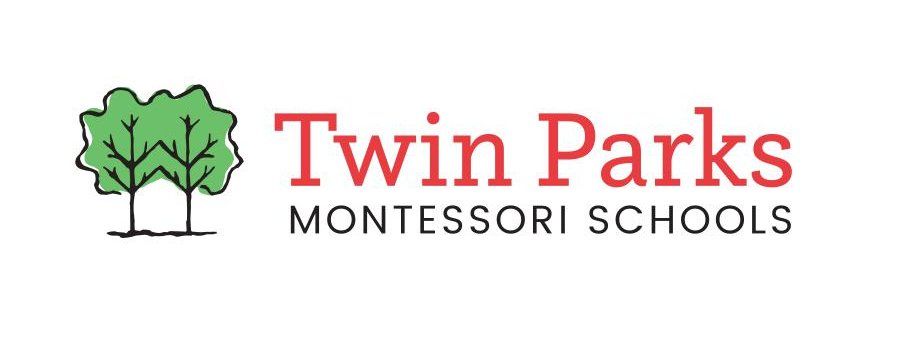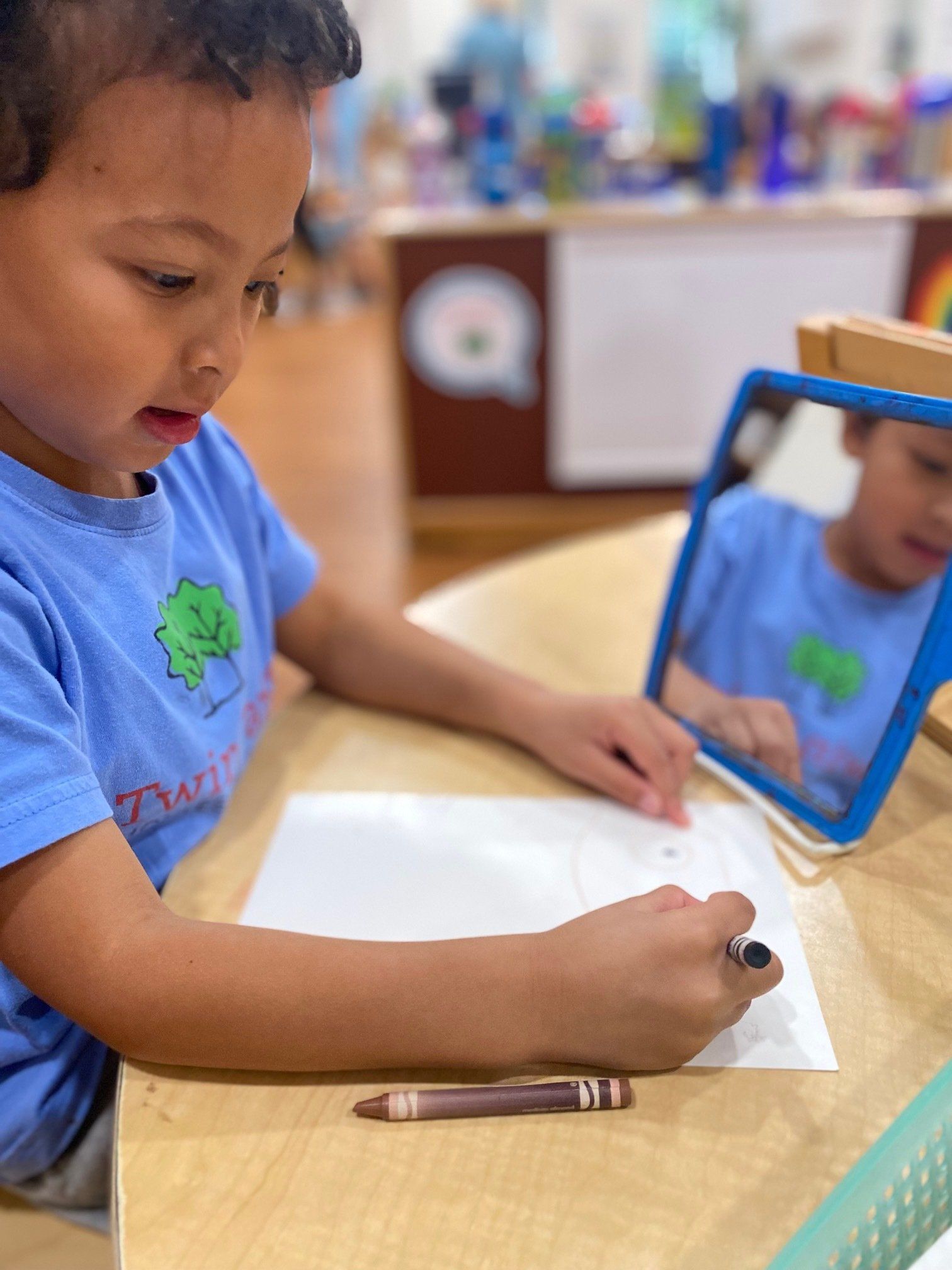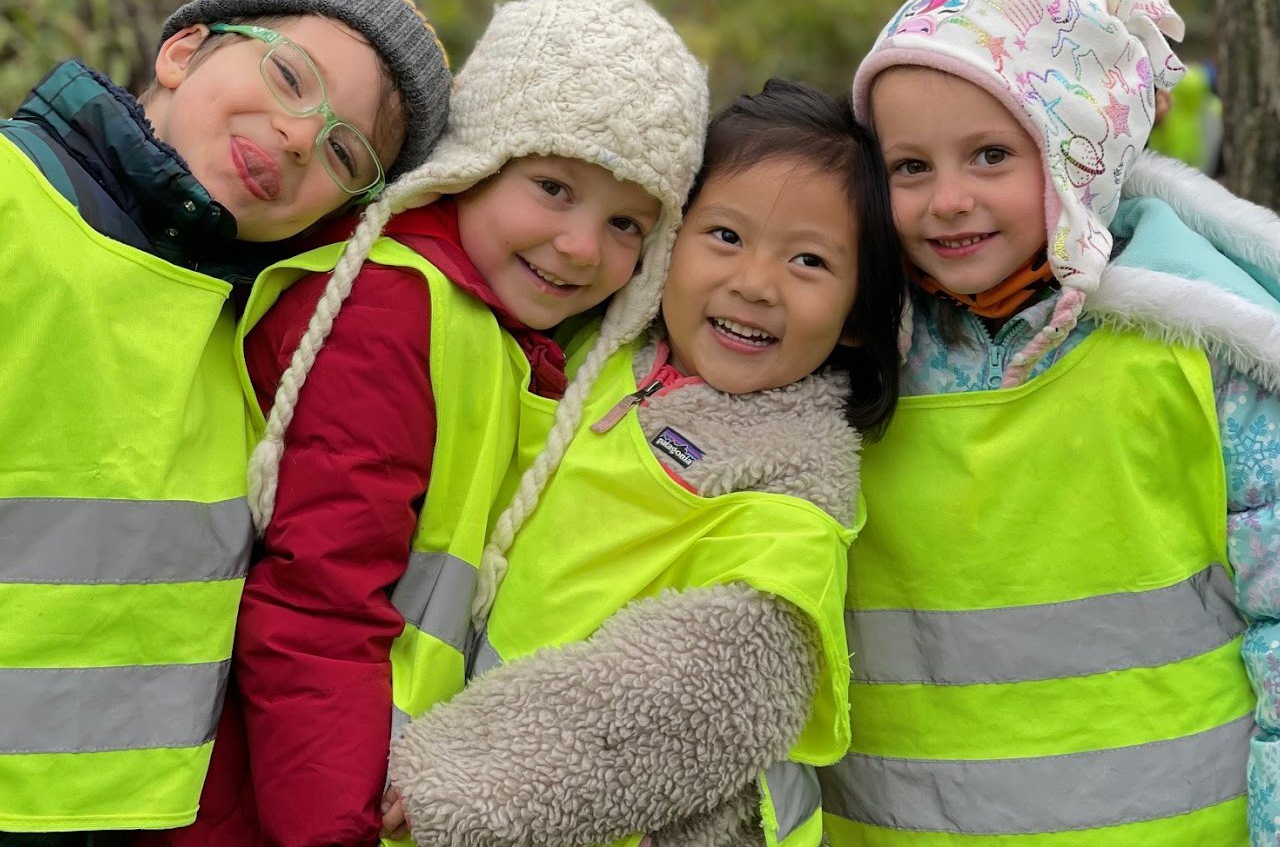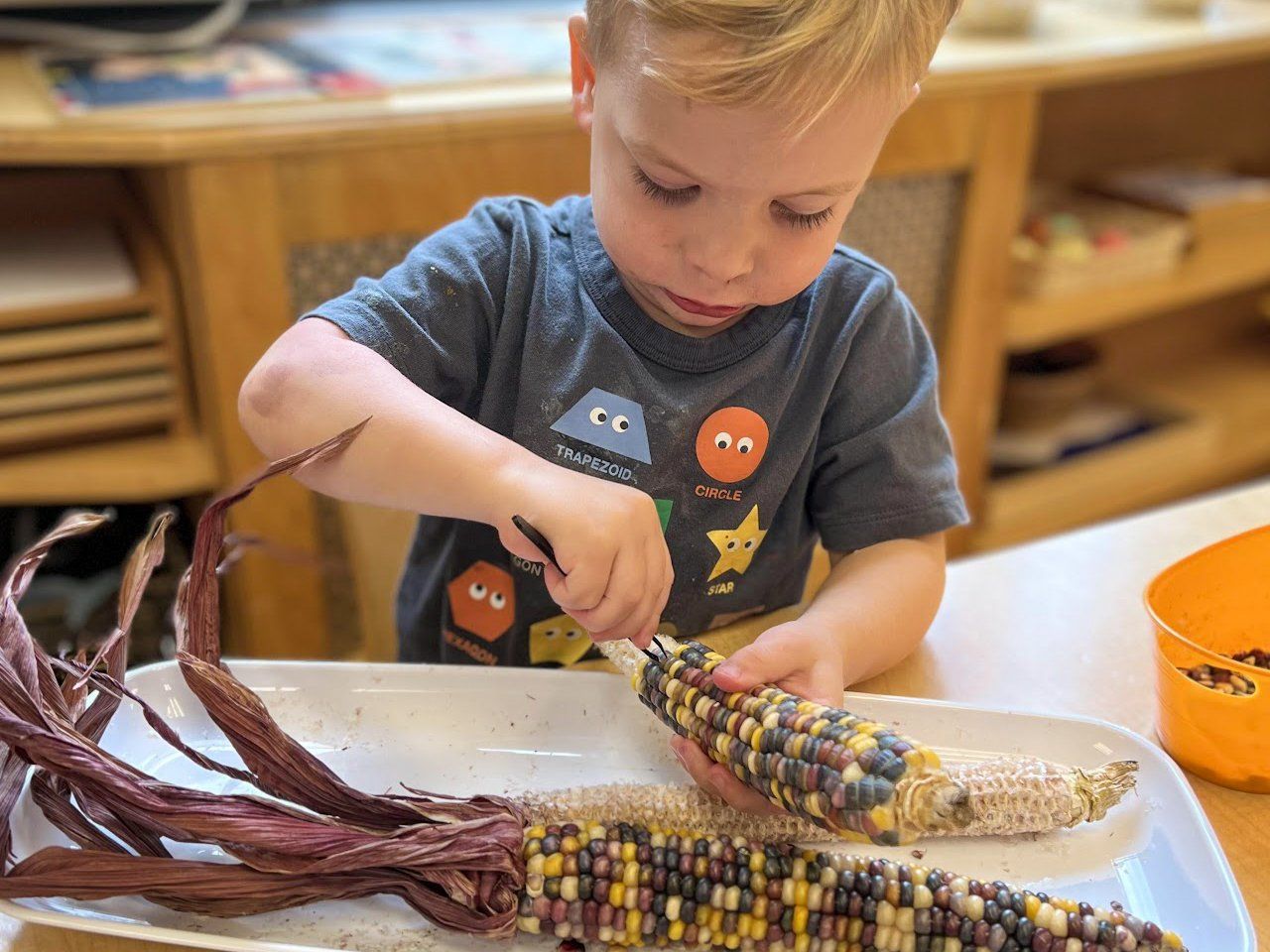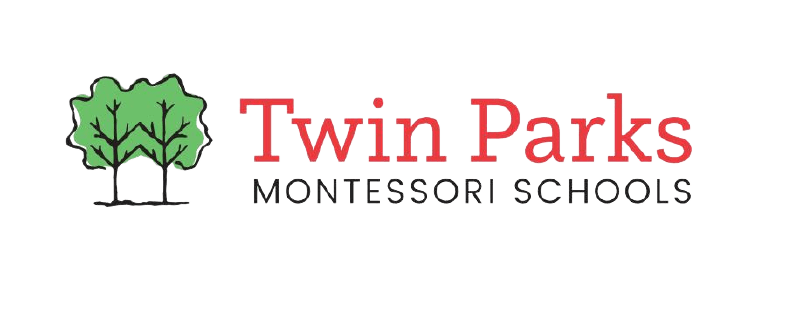Early Childhood
3 - 6 years
Fosters independent, creative, and confident learning through a personalized Montessori education.
“Childhood still seems to me an inexhaustible source of revelations and hope.”
- Maria Montessori
A Love of Learning.
Twin Parks Montessori Schools Early Childhood program supports and guides each child’s development as they grow in their ability to be independent, confident, creative, caring and successful. Our focus is on observing and responding to each child using the Montessori curriculum and materials further enriched with music classes and an arts focus, and on ensuring each child is well-prepared for their choice of ongoing school and for life in the 21st century.
Our trained and experienced faculty and our thoughtfully prepared, engaging, and diverse class environments inspire and respond to every child’s natural impulse towards the purposeful work of creating order from chaos, to move with intention and coordination, and to communicate with others.
We like to think of our early childhood class as a learning laboratory, organized into several curriculum areas, among them language arts, mathematics, everyday living skills, sensory awareness exercises, and culture.
It is well understood that pre-school children mature at very different rates, and their periods of readiness for academic subjects vary. Knowing this, Maria Montessori believed that learning experiences should not be overly challenging or be tedious, but should occur naturally and joyfully at the proper moment for each individual child.
The Montessori approach to early childhood education teaches children to think, to ask probing questions, and to seek creative answers. We like to think of our early childhood class as a learning laboratory, organized into several curriculum areas, among them language arts, mathematics, everyday living skills, sensory awareness exercises, and culture (geography, science, social studies, art, music, movement).
Simpler tasks are mastered before complex ones are introduced. Many materials involve the child in tasks that facilitate eye-hand coordination and small muscle control. Throughout the curriculum, one finds a web of indirect preparations that enhance the learning process. For example, our simple, everyday living exercises have complex aims: to develop order, concentration, coordination, and independence. Carefully designed activities allow children to joyfully learn to care for themselves and for their class environment. The tasks of buttoning, transferring quantities, polishing, and preparing all subconsciously develop accurate eye-hand abilities, which are later needed for reading, writing, and other academic pursuits.
Children soon develop courtesy, graciousness, poise, and self-control as their own natural interest in purposeful activity supports their social maturity.
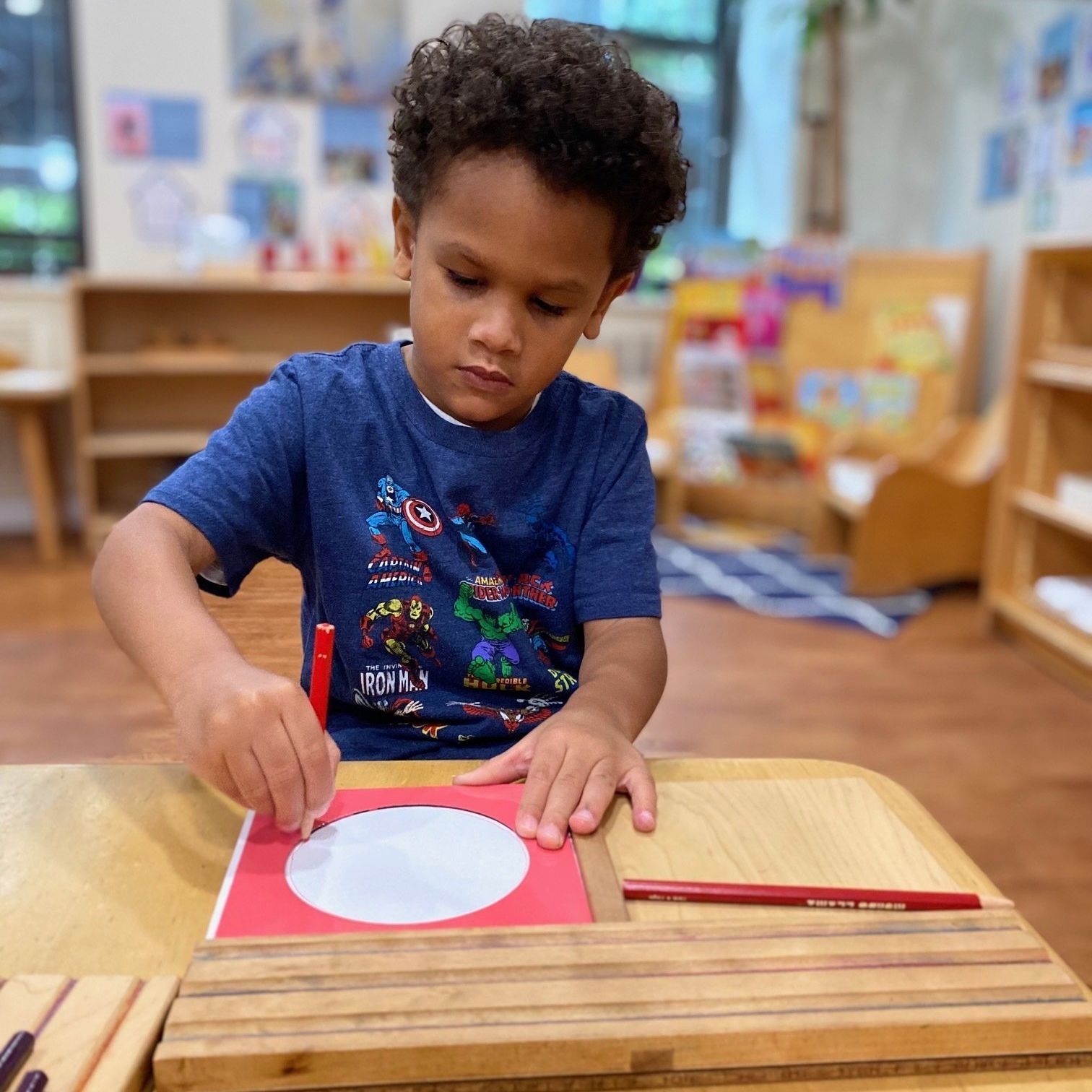
Sensorial Awareness
Our Montessori sensorial awareness exercises provide purposeful movement and aid in muscular coordination. Children become aware of details by learning to finely discriminate among textures, colors, and dimensions. They learn one-to-one correspondence in matching/sorting and grading/discerning differences tasks, both necessary cognitive preparations. Intelligence is built up as the child learns to distinguish, categorize, and relate new information to what s/he already knows.
The children move through the structured materials independently, challenging themselves and gaining confidence. “Never let a child risk failure unless s/he has a reasonable chance of success,” Montessori states; having observed that carefully planned success motivates further learning.
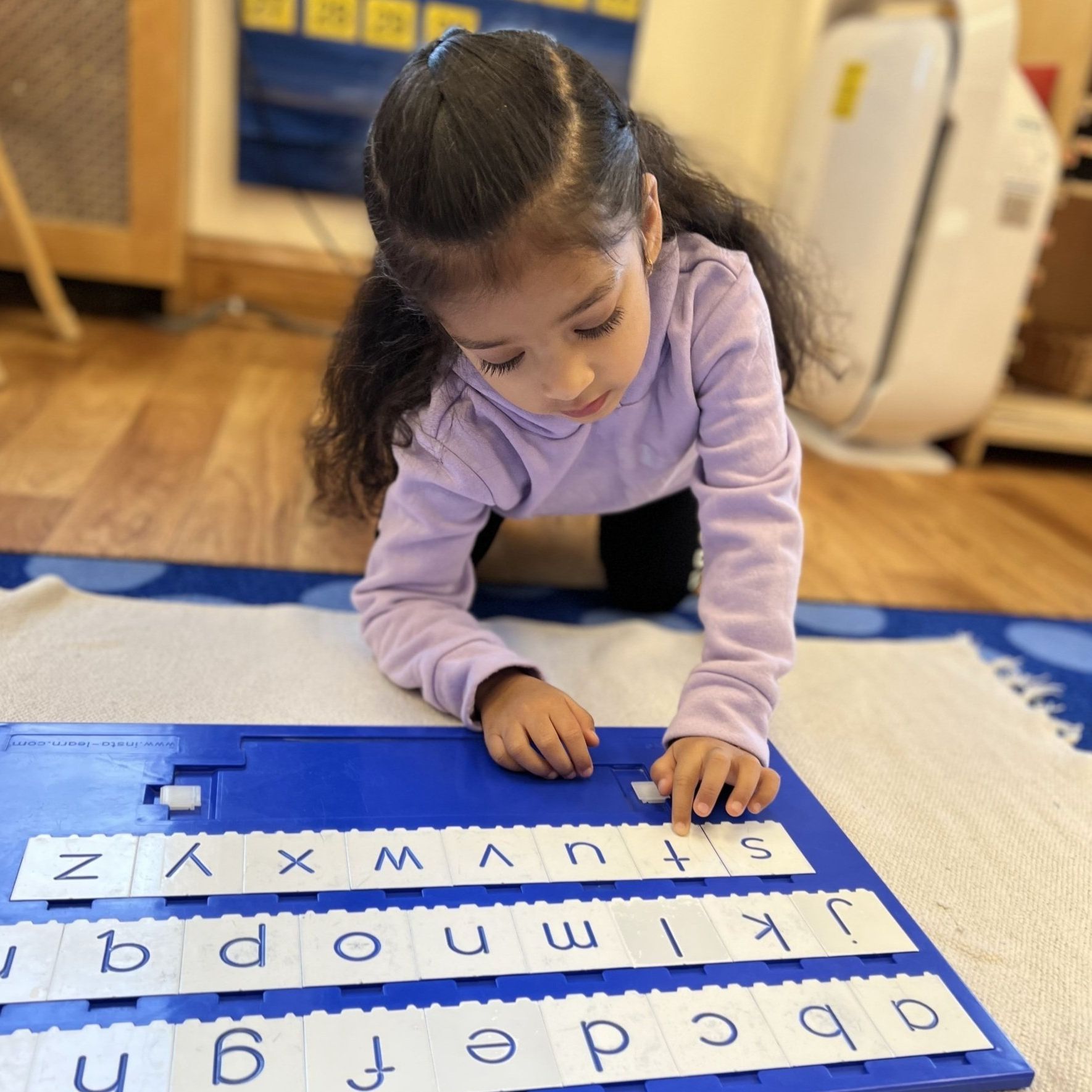
Language Arts
As for our language arts area, it is designed to enrich a child’s vocabulary and conversation and to establish a personal interest in reading and reading comprehension. Children working with everyday living and sensorial foundation exercises develop many reading readiness skills. As the child shows an interest and a comprehension of activities preparatory to written language, the teacher provides opportunities to explore letter sounds and formation. The unique Montessori approach to language development is a carefully respectful, individualized response to each child’s natural desire to absorb language and communicate.
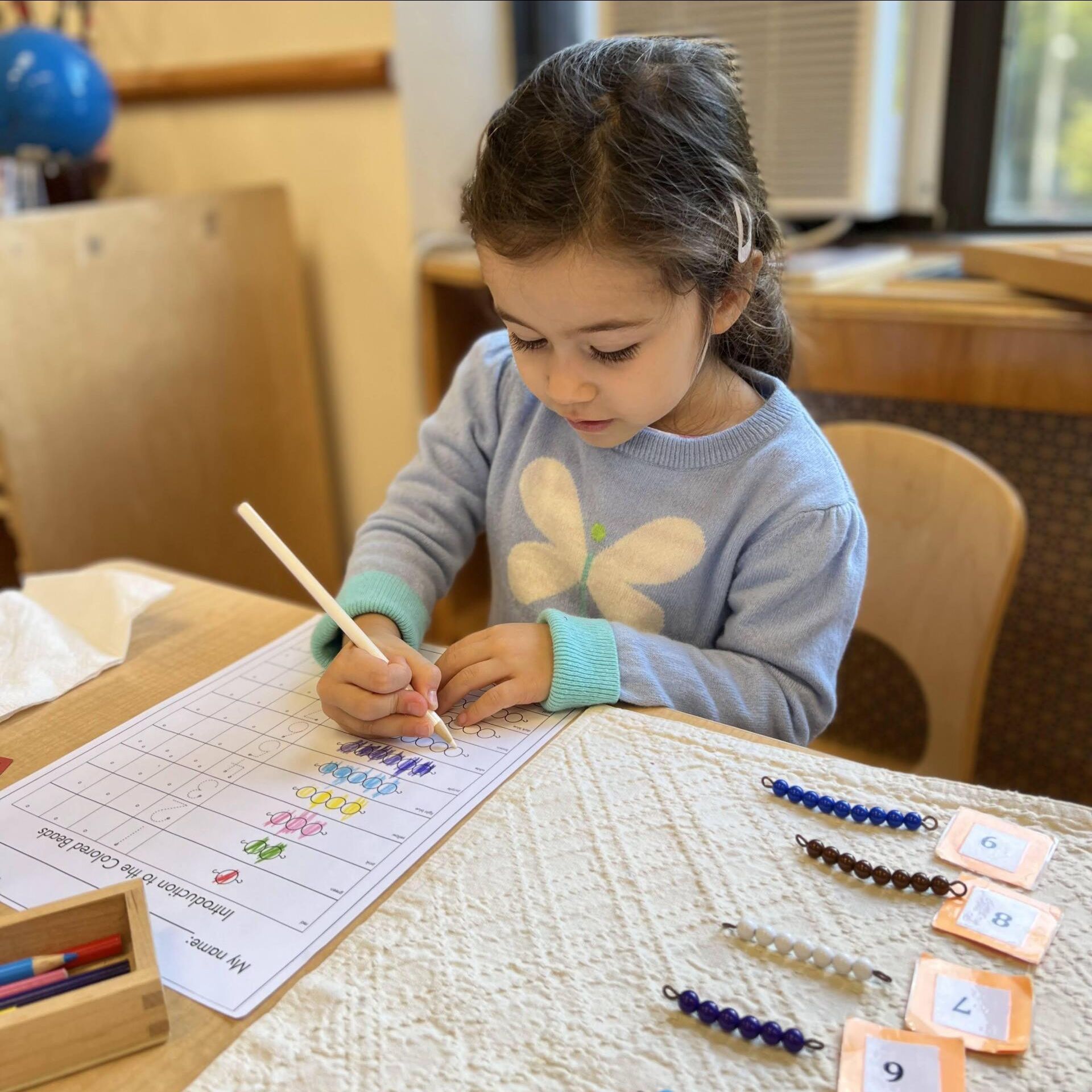
Mathematics
The purpose of the mathematics area is to follow the child’s basic need to seek order and logic in all things. Children count with enthusiasm and that enjoyment is channeled to a concrete understanding of math facts and concepts. Later, the school age child can make abstractions and truly understand the theoretic rules of math. Our math materials are firmly based in process, not product. The child grasps (literally and figuratively) a personal mathematical understanding through extensive use of manipulatives —objects that may be held and felt, personalized, and understood. Parents often search for Montessori math curriculum in NYC when exploring early childhood options.
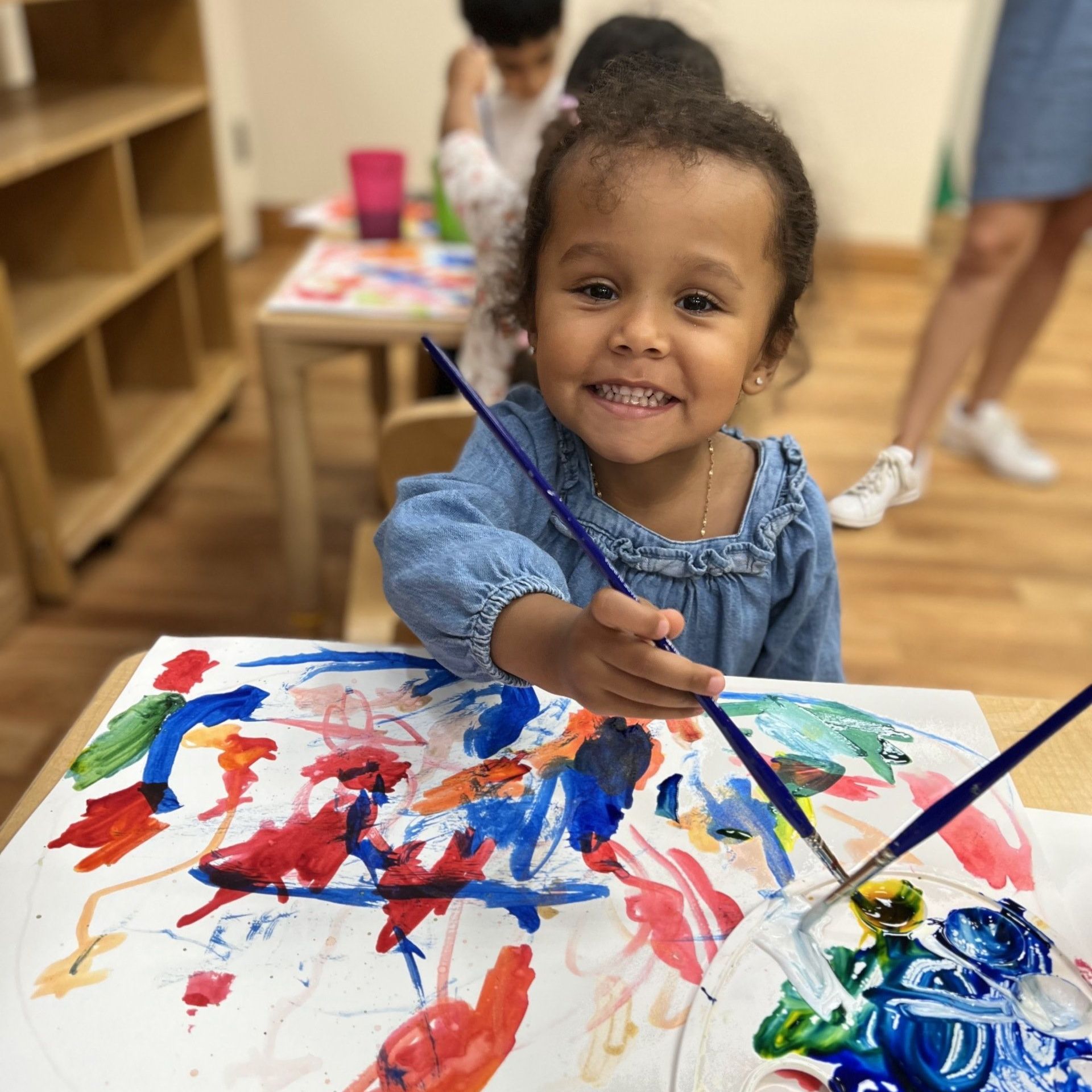
Creative Arts
The development of problem-solving skills are enhanced when children develop their creative thinking skills through involvement in the arts.
Opportunities for children to be creative are present throughout a Montessori classroom. An easel, paints and colored pencils allow children to creatively explore the shapes they have learned in the mathematics area, the colors and textures they have studied in the sensorial materials, and to bring to life their own imaginations and the stories they have heard and read in language arts.
In addition, Twin Parks Montessori School's children are introduced to art history and art studio. Each day they explore the work of arts and crafts through the media of paint, color, and a variety of other materials, and through the use of simple desk tools they develop their creative thinking skills and individual expression.
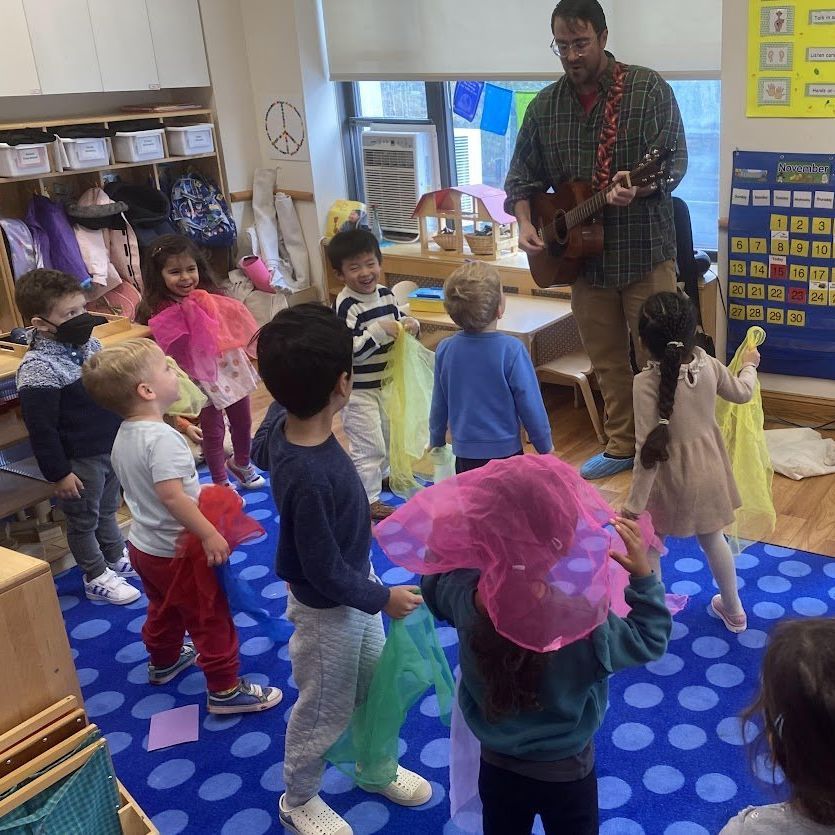
Music
Music is a daily activity that is both spontaneous and planned. It includes an exploration of musical instruments, music makers, and music of many cultures and styles. A Suzuki Violin Program at Twin Parks Montessori Schools is also available for students 4 and up. (More on our Music Program.) Physical education is also scheduled daily, with children being led in activities that develop gross motor skills such as walking with purpose and balance, running, and jumping.
Our Montessori Early Childhood students activate their senses and their awareness of the world around them with daily experiences in Central Park and Riverside Park. They explore the parks during nature walks, and are encouraged to make observations and discoveries while outdoors. Our Early Childhood students also visit local playgrounds and enjoy open play in grassy areas which provides them with ample opportunities to develop social skills.
Twin Parks Montessori Schools’ children have ample opportunity to practice burgeoning skills and preschoolers will often repeat an activity over and over. With each repetition, new observations are discerned; stronger physical and mental muscles develop; concentration appears; and with heightened concentration, learning takes place naturally.
Early Childhood Typical Daily Schedule
8:00-9:00 am
Arrival
9:00-10:45 am
Work Cycle (independent and small group activities)
10:45-11:15 am
Large Group (Music, Movement, Story time, Presentations)
11:15-12:15 pm
Large Motor (Nature Walk, Playground, Grassy Areas)
12:15-12:30 pm
Transition to Lunch
12:30-1:15 pm
Lunch (Option of Little Green Gourmets)
1:15-1:30 pm
Transition to Rest
1:30-2:30 pm
Rest
2:30-3:00 pm
Work Time/Afternoon Snack
3:00-3:30 pm
Prepare for Dismissal
Early Childhood Extended Day Schedule
3:30-4:30 pm
Enrichment
4:30-5:00 pm
Circle Time/Snack
5:00-5:45 pm
Large Motor (Gym or outdoors)
5:45-6:00 pm
Dismissal
